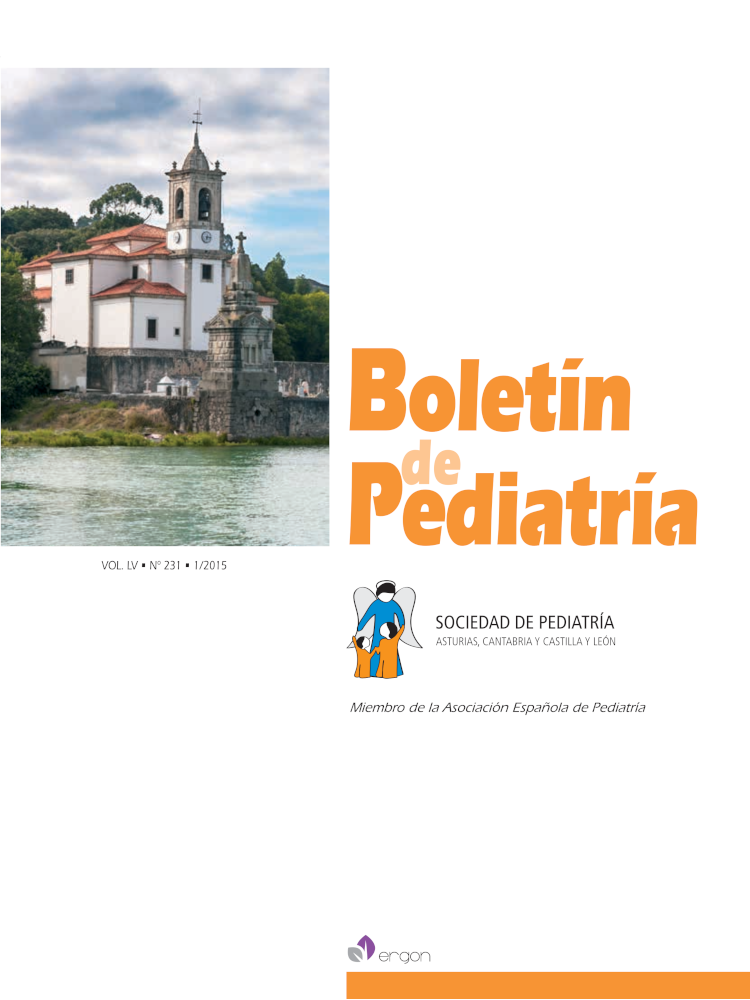Abstract
Introduction. Necrotizing enterocolitis is an emergency gastrointestinal disease in neonates due to transmural necrosis of the bowel, whose etiology remains unknown.
Methodology. To determine association of anemia and ed blood cell transfusions with necrotizing enterocolitis in reterm infants, a study of cases and controls was designed, ere compared 45 infants with necrotizing enterocolitis tage II or greater than stage II on the modified Bell’s criteria ith 90 controls without necrotizing enterocolitis. A ogistic regression model was created to evaluate the effect n the risk of necrotizing enterocolitis.
Results. Through multivariate logistic regression corrected or Apgar score at 5° minute, sepsis, respiratory difficulty yndrome, full feeds achieved, SNAP-PE II as confounding actors, was identified the presence of hematocrit ess than 30% increased risk of necrotizing enterocolitis in nfants less than 34 weeks (OR: 1.5; 95% CI 1.0-9.5, p = 0.01); lso, the risk of necrotizing enterocolitis increased 2.1 times 95% CI 1.7-6.4, p = 0.04) with transfusion 48 hours before the necrotizing enterocolitis diagnosis. The control group received 1 ± 1 transfusions, and the necrotizing enterocolitis roup received 3 ± 1 red blood cell transfusions before the ecrotizing enterocolitis diagnosis (OR: 3.2; 95% CI 2.3-8.6, < 0.01).
Conclusion. Anemia may increase the risk of developing ecrotizing enterocolitis in preterm infants. The risk or necrotizing enterocolitis increased significantly with ncreased transfusion frequency before the necrotizing enterocolitis iagnosis or during the 48 hours after red blood cell ransfusion.

This work is licensed under a Creative Commons Attribution-NonCommercial 4.0 International License.
Copyright (c) 2015 Boletín de Pediatría
